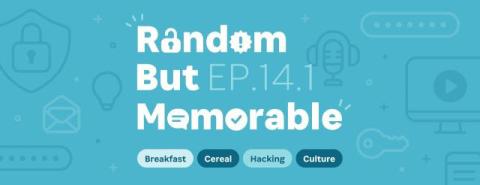Inside a Cyberattack: How Hackers Steal Data
The truth about cybersecurity is that it's almost impossible to keep hackers outside of an organisation, particularly as the cybercrime industry becomes increasingly sophisticated and their technology more advanced. Furthermore, once a hacker has broken through an organisation's defences, it is relatively easy to move within the network and access information without being detected for days and even months. This is a significant concern for Banking and Financial Services organisations, which house valuable sensitive and Personally Identifiable Information (PII).











